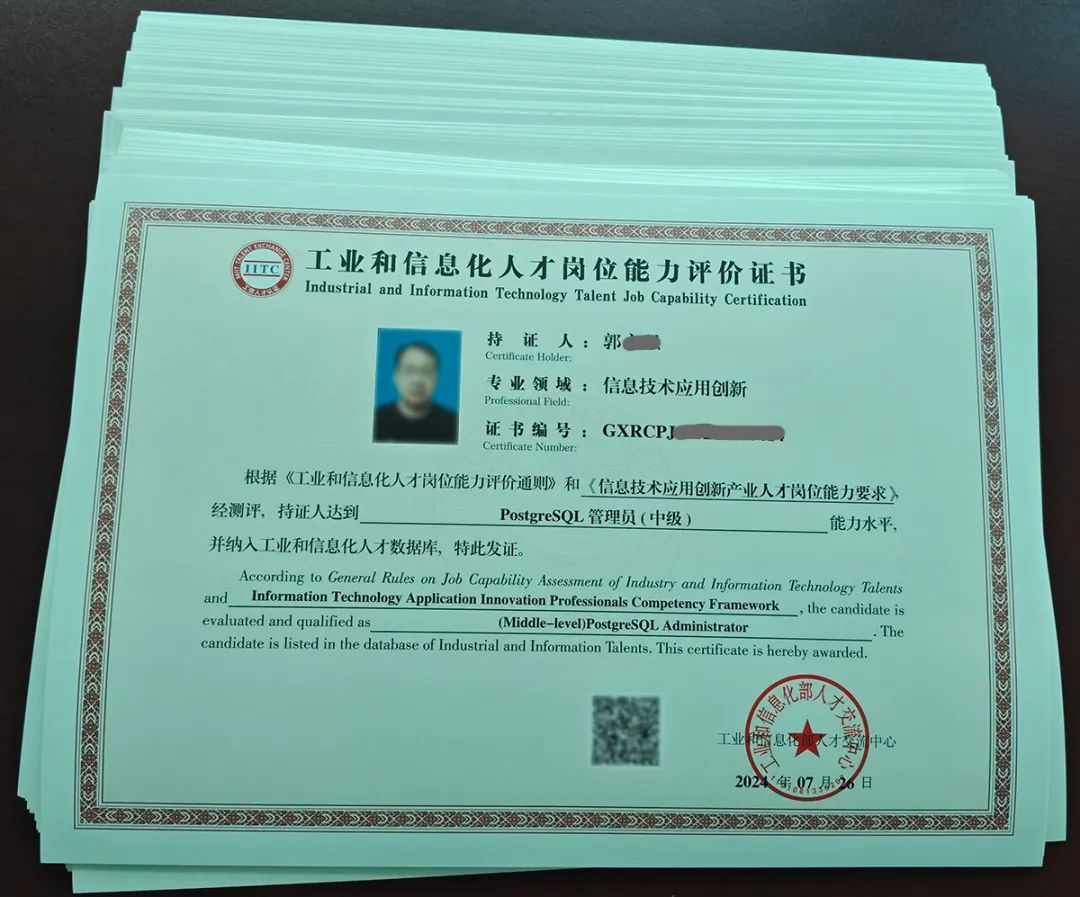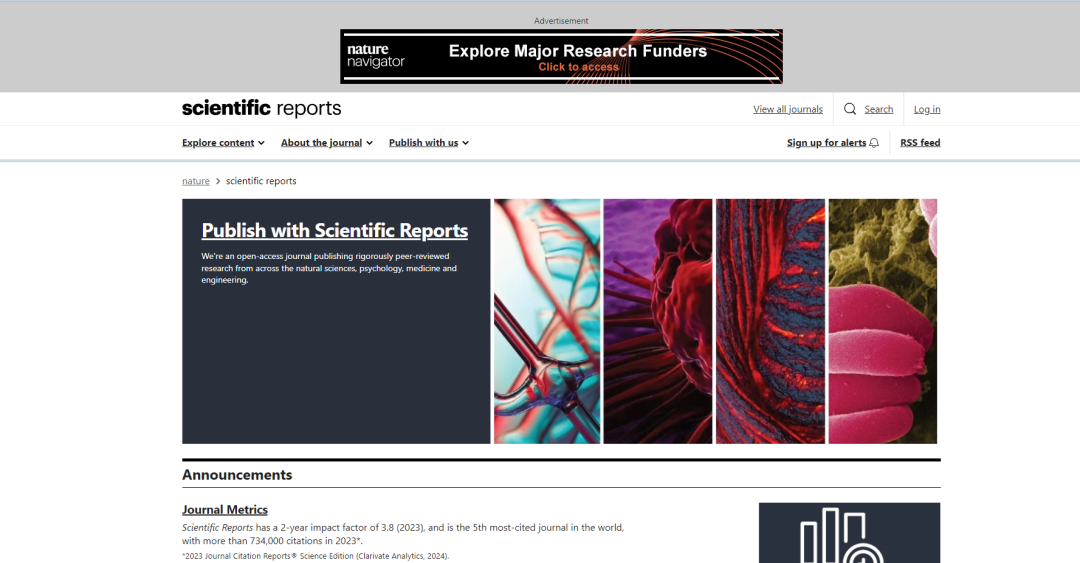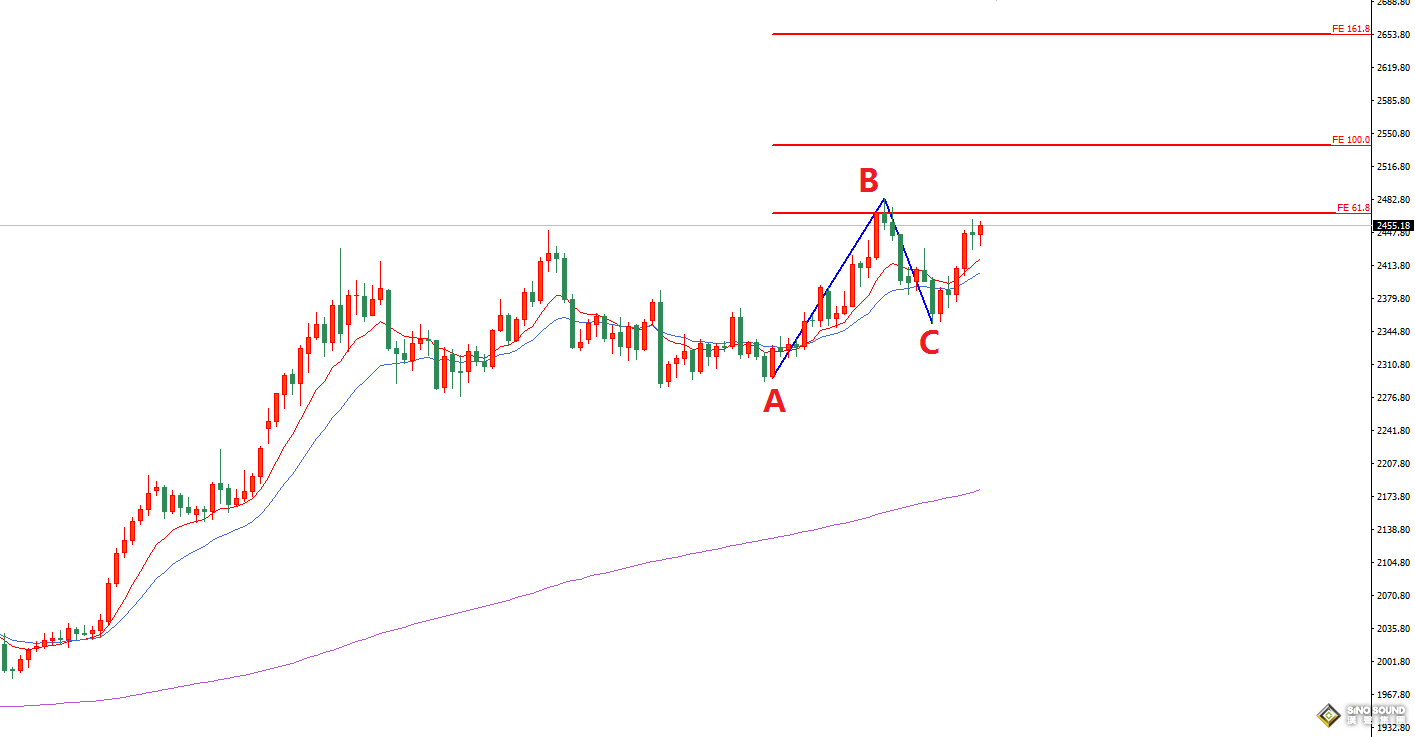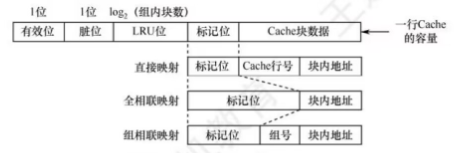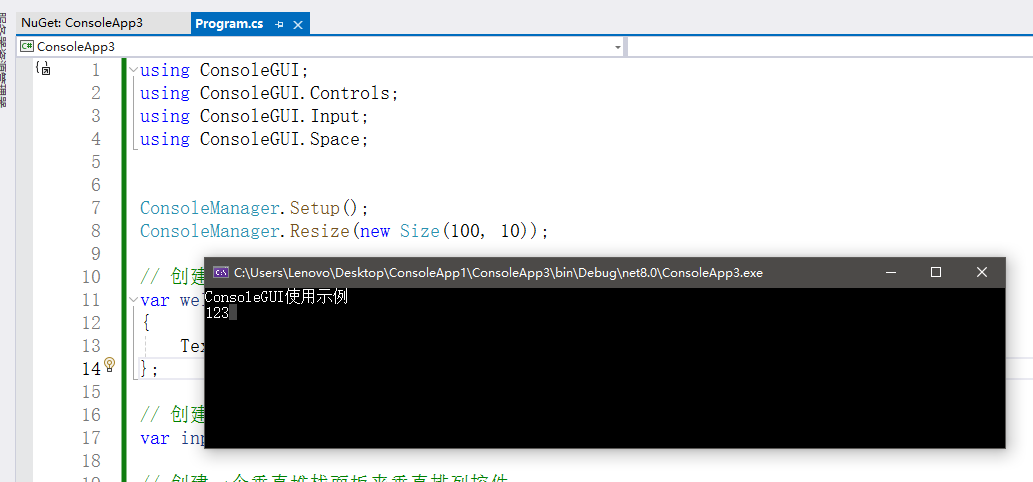What is memory? The general consensus is that memory is a multitude of cognitive systems which allow us to store information for certain periods of time so that we can learn from our past experiences and predict the future.
什么是记忆?人们普遍的共识是,记忆是多种认知系统,允许我们把信息存储一段时间,进而可以汲取过去的经验,预测未来的发展。
Memory impacts every facet of our lives.The first step to remembering things better is to understand how your memory works.
记忆影响着我们生活的各个方面。更好地记忆事物的第一步,是理解你的记忆系统如何工作。

There are two basic kinds of memory retrospective and prospective.Whereas retrospective memory is about remembering what happened in the past, prospective memory is about reminding yourself to do something in the future.Without propective memory, you would not remember to go to work in the morning and you would forget to set your alarm clock in the evening.
有两类基本的记忆–回溯记忆和前瞻记忆。回溯记忆是要记起过去发生了什么,而前瞻记忆是提醒你在未来要做某件事情。要是没有前瞻记忆,你会早上想不起去上班,晚上忘记上闹钟。
One way to divide up retrospective memory is in the kinds of things it stores.A big difference here is between implicit and declarative memory.
细分回溯记忆的一种方式,是根据存储事项的类型。区别很大的两类分别是内隐记忆和陈述性记忆。

Implicit memory is essentially skill memory-the ability to do a task.If your implicit memory failed, you would not be able to brush you teeth, take a shower, drive your car or ride a bike.This kind of memory shows up in our abilities, but we can’t always articulate what it is we know in words and concepts.
内隐记忆本质上是一种技能记忆–完成一项任务的能力。如果内隐记忆失效了,你将无法刷牙洗澡、驾驶或骑车。这种记忆在我们能做的事中表现出来,但我们并不总是能够用词语或概念清楚地表达出我们所知道的是什么。
Declarative memory, in contrast, is either memory for facts and meaning (semantic) or memory for events(episodic).Without semantic memory, you would not understand the content of what your colleagues or friends were saying.Without episodic memory, you would struggle to recount your day later to someone else.
陈述性记忆则相反,指的是关于事实或含义的(语义)记忆,或关于事件的(情节)记忆。没有了语义记忆,你将无法理解同事或朋友所说的内容。没有了情节记忆,你将很难向其他人讲述自己一天的经历。
Another way to examine memory is based on its duration.Working memory (WM) manipulates and stores information for short periods of time.Talking with your colleagues, discussing a point at a meeting and planning your weekend would be entirely impossilbe without WM.In contrast, long-term memory(LTM) serves as a long-term storage of information.Almost all of our everyday activities depend on LTM, such as remembering our way home or how to drive a car.
另一种研究记忆的方式是根据它持续的时间。工作记忆(WM)负责短期加工并存储信息。如果没有工作记忆,与同事聊天、在会议上讨论一个要点和规划周末的安排,都将变得不可能。与此相反,长期记忆(LTM)负责长期存储信息。我们日常的活动几乎全部依赖长期记忆,例如记得回家的路或如何驾驶一辆汽车。
Here’s a quick recap of the different types of memory:
让我们迅速回顾一下记忆的不同类型:
Retrospective Memory-Remembering the past
回溯记忆–记得过去的事情
…by Content
按内容划分
Declarative/Explicit
陈述性记忆/外显记忆
Semantic-Memeory of facts and meaning
语义记忆–关于事实和含义的记忆
Episodic -Memory of experiences you’vehad r
情节记忆–你的经历
…by Duration
按持续时间划分
Working Memory-What you can “keep in mind” at the same time, to think, reason and solve problems.
工作记忆–你能够同时在脑子里记住什么内容用来思考、推理和解决问题。
Long-term Memory- Anything youremember longer than a moment-whatyou ate for breakfast, exam questions oryour friend’s birthday.
长期记忆–任何你记住超过一会儿的内容:早饭吃了什么,考试题目,或者朋友的生日。
Prospective Memory -Remindingyourself to do something in the future
前瞻记忆–提醒你自己未来要做某件事
In this guide, we’re going to focusmostly on declarative, semanticmemories. This covers most of thethings you’re trying to “remember”, likefacts, dates, names and ideas.
在这本指南中,我们将主要关注陈述性的语义记忆,这涉及大部分你试图“记住"的东西,例如事实、日期、姓名和思想。
